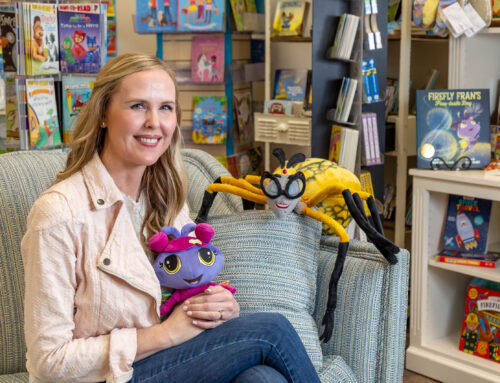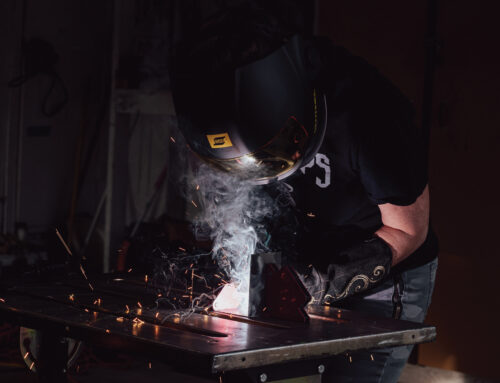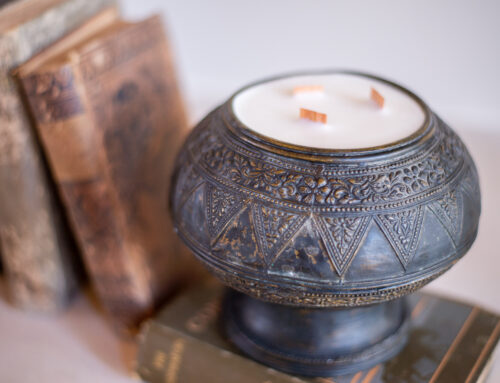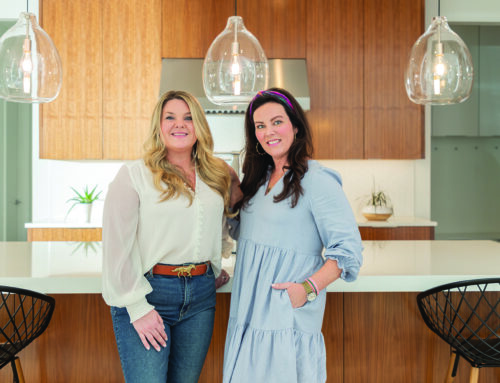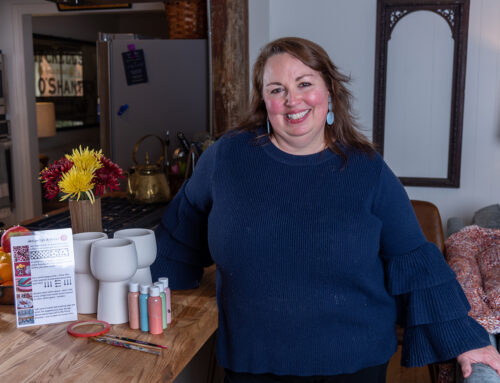There are quite a few things about life that still mystify me, even after all these years.
Why do dogs chase their tails, even after they’ve caught them? Why do people with expensive cars intentionally take up two parking spaces in crowded parking lots?
And why does my aging body still do daily battle with acne?
That’s a question I asked myself the other morning while contorting my face in the mirror right before I gummed my oatmeal and applesauce. It’s not exactly a traditional resolution, I suppose, but surely there must be a way to rid myself of facial blemishes in the new year.
The fact that acne is a problem that just now has risen to the top of my list probably says a lot about my life, especially since the issue continued to clog my brain on the drive to work and even as I fired up the computer to see what had filled my inbox overnight.
And then I read the short email: A good friend was apologizing that a golf outing we were planning a few months down the road probably wouldn’t be happening because he just found out he had esophageal cancer.
I read the few sentences in the email a couple of times, not so much because I didn’t understand what he was saying but because I didn’t want to understand. And then I did what most people would do — I Googled “esophageal cancer” because I didn’t know much about it.
And a few clicks into my research, after soberly noting that the most recommended form of treatment involves finding a “clinical trial”, I saw the numbers: About 16,640 new cases of esophageal cancer are diagnosed in the United States each year, and about 14,500 people die of the disease each year.
As my friend, a real estate investment guy who single-handedly pulled me through our MBA accounting class, noted wryly when I talked with him later: “I’ve run the numbers, and they aren’t very rosy.”
His wife of 15-plus years took the news fairly well, he said, but their two teenagers sobbed uncontrollably. Surgery was out because his cancer already had snuck over to surrounding organs, so he was pinning hope on four progressively more aggressive rounds of chemotherapy, four 10-day blocks of hell that my friend said he “hoped to survive” in order to buy enough time for cancer researchers to find a cure for his at-the-moment virtually uncurable disease.
“There are still some things I don’t want to miss in my life,” he said, choking a bit as he spoke the words into his phone.
Hang in there, I told him; I couldn’t think of much else to say. Dealing with cancer is a mostly personal crusade, as much mental as physical, particularly when you know the odds don’t favor the outcome you want.
The conversation ended, the obligatory end-of-call greetings were exchanged, and we both cursed his situation without swearing or crying or raising our voices.
I worked my way through the rest of the day, completing my regular tasks and booking future meetings on my calendar and discussing future stories for our magazine. And I went home to fill in my wife about the day’s events.
As the day wound down, I found myself in the bathroom again, staring at the same blemished face that had given me so much pain that morning.
And I decided that maybe I wouldn’t spend so much time looking into the mirror tomorrow, because the reflection looking back at me seemed to be pointing in the wrong direction.

